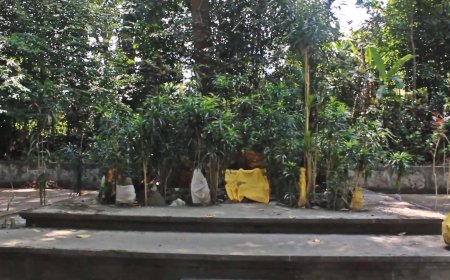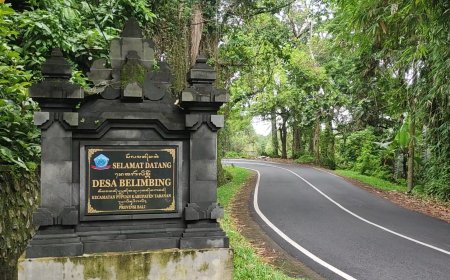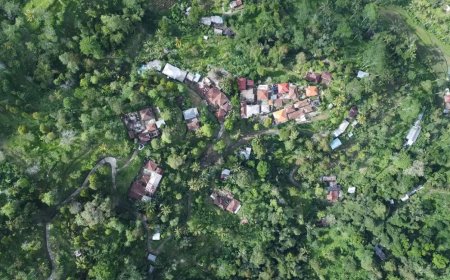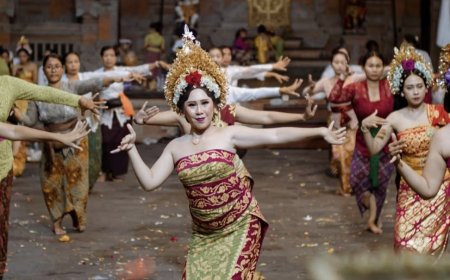Legend of Karang Memadu: When Love Defies Traditional Laws
"The community of Panglipuran Village highly upholds its traditional customs and adheres to the prevailing rules, one of which is Karang Memadu.
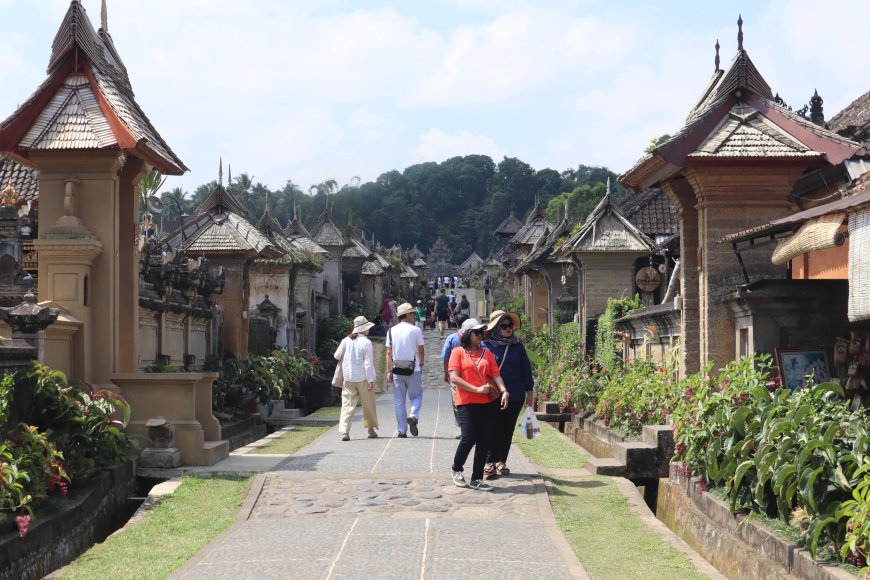
Panglipuran Village is one of the traditional villages in Bangli Regency, Bali Province. This village is well-known as a popular tourist destination in Bali and ranks as the third cleanest village in the world. This distinction is largely due to its residents who continue to embrace and preserve Balinese traditional culture in their daily lives. According to local legend, Panglipuran Village was a gift from the King of Bangli to the people who had helped in resisting the Gianyar Kingdom in the past, and they still adhere to traditional laws called awig-awig.
The ability to maintain these traditions makes Panglipuran Village unique, as they hold their customs and values, including a strong sense of community and local wisdom based on the concept of Tri Hita Karana. The village has successfully preserved the traditions and noble values of their ancestors. One can witness this in the village's layout, inspired by the concept of Tri Mandala. Tri Mandala involves dividing land into three zones, each representing different levels of sanctity, from north to south. The main mandala is where they worship Dewa Brahma, followed by the middle mandala for residential purposes, and the lower mandala, which serves as the villagers' burial grounds.
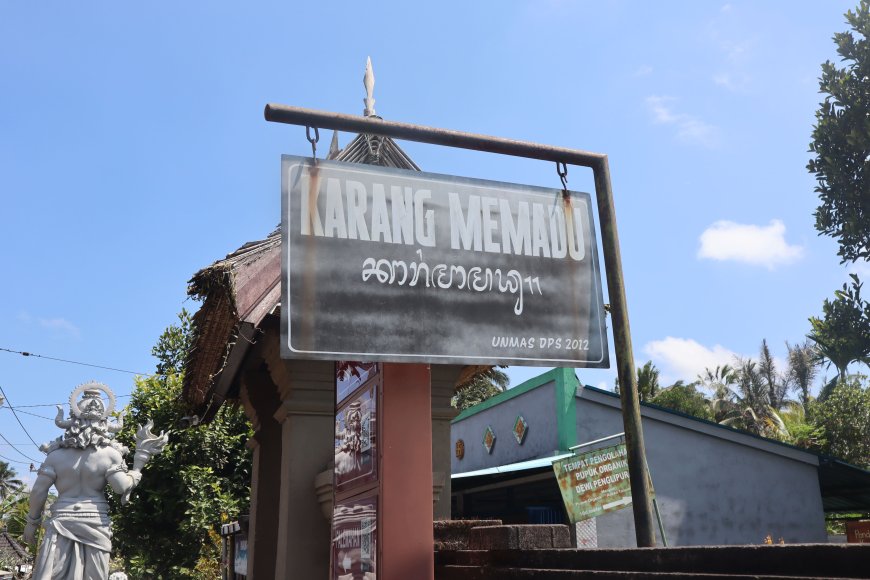
Karang Memadu (Photo Source: Editor's Collection)
For the people of Panglipuran Village, Karang Memadu is considered "leteh" or impure. Anything that grows on Karang Memadu is deemed impure as well. Therefore, agricultural products such as rice, vegetables, or fruits from that land cannot be offered in religious ceremonies (Sesaji). To this day, no villagers inhabit Karang Memadu, and it remains overgrown with shrubs. According to the village leader, there was once a man who was nearly placed in Karang Memadu because he had two wives. However, the severe punishment made him reconsider, and he chose to divorce his first wife and live with his second wife outside Panglipuran Village.
One villager shared a story about a man who was distantly related to him and violated this rule. This man married a woman, but they were unable to have children. Subsequently, the man married his wife's younger sister, and eventually, they were blessed with a child. Unfortunately, both wives refused to be divorced, so the man was sent to Karang Memadu.
According to the village's custom, the village council would build a special house for the man and his multiple wives in Karang Memadu. The man, along with his wives and descendants, would live there. Facing such a severe punishment, the man fled with his two wives, leaving Panglipuran Village and relocating to Cekeng Village in the Susut District. Eventually, one of his wives agreed to be divorced by the man.
The customary law (Awig-Awig) that regulates sanctions for those who engage in polygamy is detailed in the Awig-awig of Pekraman Penglipuran Village, dated August 19, 1989, under the fifth chapter, Pawiwiwahan. The rule states, "Krama Desa Adat Penglipuran tan kadadosang medue istri langkung ring asiki, yening wenten warga desa adat lanang/wadon ngemadung, keni pidande manut ring dresta." This means that residents of Penglipuran Traditional Village are not allowed to have more than one wife. If any resident dares to engage in polygamy, they will be subject to customary punishment or sanctions in accordance with the decisions outlined in the village's Awig-awig.
Furthermore, the ability of Panglipuran Village's community to uphold its traditions is also evident in their housing. Most of the village's compounds are built using traditional concepts, with bamboo as the primary construction material.
While renowned for its cleanliness and uniform architecture, Panglipuran Village also holds unique rules that are not widely known, one of which is regarding polygamy. Men are not allowed to have more than one wife. Those who violate this rule will be isolated in Karang Memadu, located south of the villagers' homes.
Karang Memadu has the meaning of "Karang," which means place, and "Memadu," which means polygamy. Therefore, Karang Memadu can be interpreted as a place for those who engage in polygamy. Karang Memadu is an empty land measuring 9 x 21 meters located at the southern tip of Panglipuran Village. Karang Memadu is essentially just empty land, but to mark its special status, a signboard with the inscription "Karang Memadu" is placed to distinguish it from regular land.
The process that occurs when someone violates the customary law or practices polygamy in Penglipuran Traditional Village is as follows:
1. The first step is to summon the individual who committed the act for mediation and to provide them with an understanding of the Karang Memadu sanctions that will be imposed on those who violate the village's customary rules (Awig-awig).
2. The second step in the process is when the individual remains adamant about their decision to continue their actions, and they are prepared to accept the Karang Memadu sanctions.
3. The third step is to designate the family that engaged in polygamy to Karang Memadu, where they will remain for generations.
The social sanctions imposed are quite severe, including being prohibited from participating in traditional ceremonies with the community, not allowed to enter any temples in Panglipuran Village, forbidden from crossing the village's northern intersection, and being ostracized by the community."
